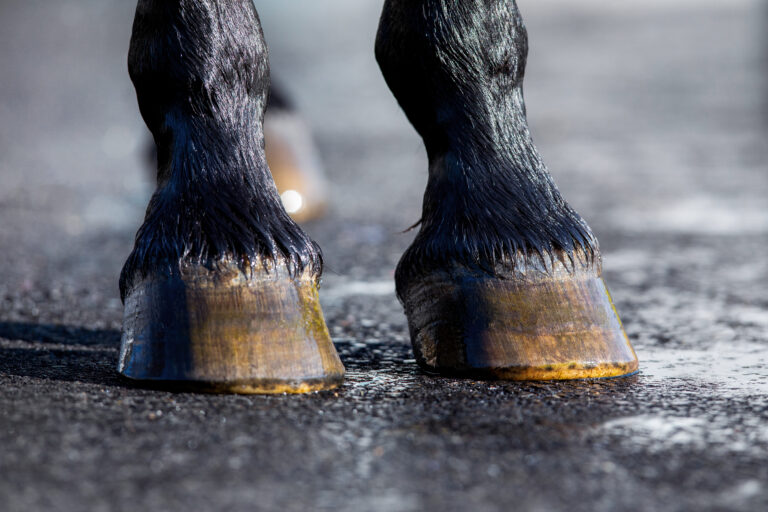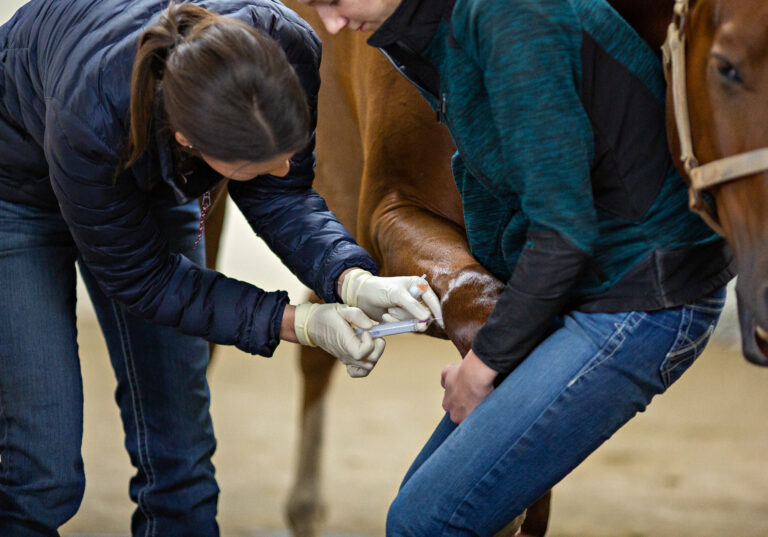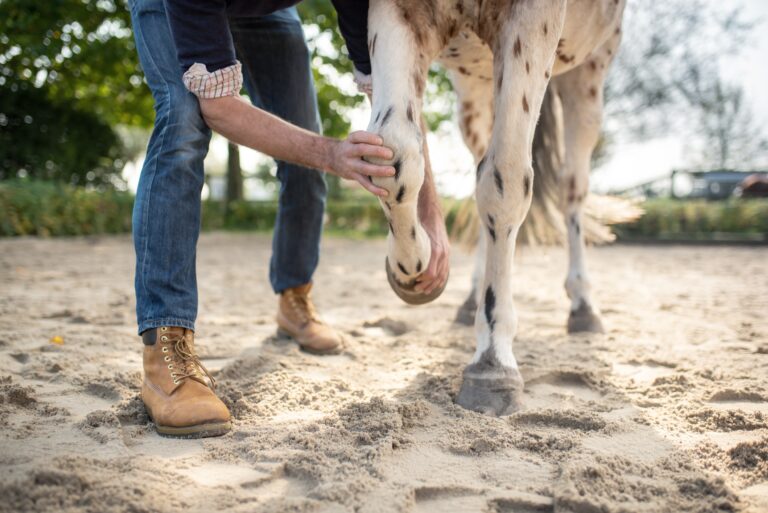
The American Cancer Society estimates that in 2025, there will be more than 2 million new cancer diagnoses and 600,000 cancer deaths in the United States. Prostate cancer is the most common cancer among males (30%), followed by lung (11%) and colorectal (8%). Among females, breast (32%), lung (12%), and colorectal (7%) cancers are the most common. Breast cancer rates have been increasing since the mid-2000s by about 0.5% per year, likely due to the increased prevalence of obesity (mostly in postmenopausal women) and declines in fertility rates. Lung cancer is the leading cause of cancer death among males (20%), followed by prostate (11%) and colorectal (9%). Among females, lung (21%), breast (14%), and pancreatic (8%) cancers are the leading causes of cancer death.
Coping With a Cancer Diagnosis
These statistics are difficult to accept, and when you or your loved one is affected by cancer, it feels like time stops. As medical professionals, most veterinarians immediately turn to the scientific literature, reading as much as possible about diagnosis, treatment, and prognosis. Staying in a clinical mindset is a common avoidance tactic we use to cope with the fear and pain such news brings. While collecting and analyzing information might provide a sense of control and helps guide the choices ahead, it is a mistake to ignore the emotional impact of a cancer diagnosis.
The Importance of a Support System
Most people feel anxious, afraid, or overwhelmed when they or their loved one are first diagnosed. The patient might believe they need to be strong and protect their friends and family from frightening information, which can cut off needed lines of support. Most worry about the physical and financial impact of the diagnosis and treatment, and all worry about whether they will die. Seeking support from friends, family, or other cancer survivors can help with these concerns, as can help from a professional. Many folks turn to their faith to help them cope. Sharing your feelings is important. If you are supporting a cancer patient, being a good listener is perhaps the most valuable way to help.
Advances in Cancer Research
Cancer research has led to many improvements in treatment and survival rates. According to the National Cancer Institute, the cancer mortality rate in the U.S. has fallen consistently year over year since 2000. Between 2000 and 2021, the annual mortality rate dropped from 198.8 to 144.2 per 100,000 people, a 27.5% decline. Five cancer types had a relative five-year survival rate of over 90% between 2014 and 2020, including breast, melanoma, prostate, testicular, and thyroid cancers. Advances in technologies such as spatial transcriptomics, single-cell sequencing, artificial intelligence, and machine learning are helping further our understanding of the tumor microenvironment, which could result in even more effective targeted therapies and immunotherapies in the next few years.
Final Thoughts
Living in the present moment while dealing with cancer is powerful. Worry and grief steal moments of joy. None of us have control over what happens in the future, and anxiety about what’s to come prevents us from living the life we have in the here and now. The shift in priorities that occur after a cancer diagnosis can be positive and life-changing, regardless of what the future holds. The lesson for all of us is to live each day as if it is a precious gift.
Related Reading
- Veterinary Wellness Briefs: Should I See a Therapist?
- Veterinary Wellness Briefs: Practicing Radical Acceptance
- Veterinary Wellness Briefs: Grieving and Grace
Stay in the know! Sign up for EquiManagement’s FREE weekly newsletters to get the latest equine research, disease alerts, and vet practice updates delivered straight to your inbox.

![[Aggregator] Downloaded image for imported item #18953](https://s3.amazonaws.com/wp-s3-equimanagement.com/wp-content/uploads/2025/11/24165746/EDCC-Unbranded-18-scaled-1-768x512.jpeg)


